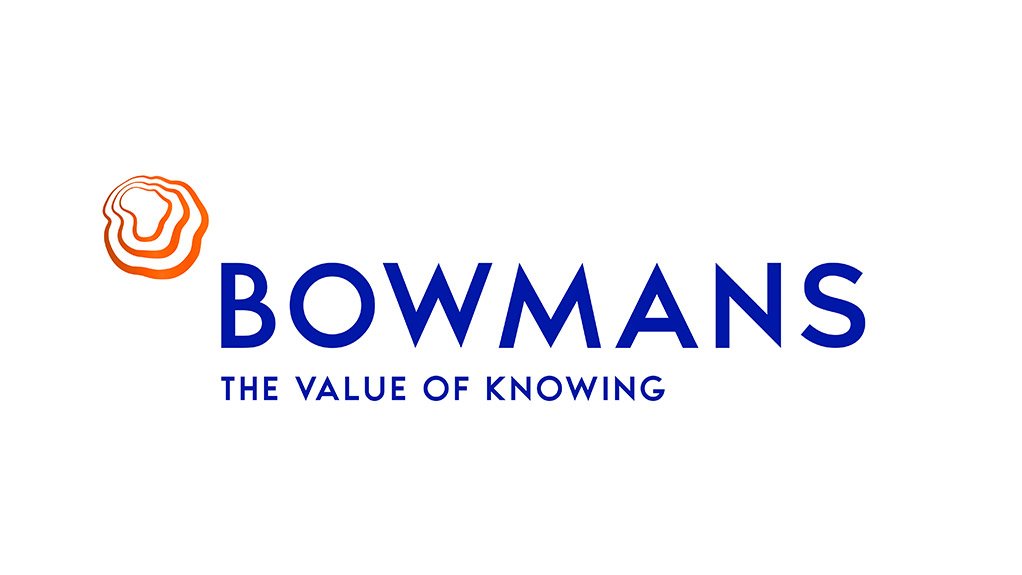Durban is still the dominant container port in Sub-Saharan Africa, but its status as the gateway into Africa is under threat from rivals such as Namibia’s Walvis Bay Port and Mozambique’s Maputo Port, with Beira also lining up as a contender.
“Although Durban is one of the busiest container terminals in the region, it will start losing dominance as capacity and reliability in other ports serving the region improve,” says Trudie Nichols, partner in the Litigation Practice and Ports, Transport and Logistics Sector at pan-African law firm Bowmans’ Durban office.
Through the Walvis Bay Corridor Group, Walvis Bay is making good progress in providing the key components of a top container port: efficient port infrastructure plus hinterland connectivity and logistics corridors.
These are crucial in reducing the costs of transporting goods to landlinked African countries such as Botswana, Zambia and Zimbabwe. “Average transport costs represent about 19% of the value of imports for landlinked developing countries compared with a world average of 15%,” she says.
Container ports that can reduce the “economic distance” through effective connectivity and corridors, especially rail and high-quality roads, would be in prime position to attract shipping trade. As Nichols puts it: “Ship-owners always choose the most efficient ports through which to get goods to the country of destination.”
Competitive pressures grow
Technically, a land-linked country such as Zambia could easily be served by Durban, Walvis Bay or Maputo. “At this point, the port of call for shippers is Durban but that could change given the competitive pressures from other ports.”
She points out that Durban ranks 63rd in the world in the Lloyds list of container ports 2017. While this is currently the highest ranking of any container port in Sub-Saharan Africa, its position so far down the list shows there is room for improvement. Port inefficiencies coupled with non-competitive pricing make it vulnerable to competition.
The major shipping companies have fleets consisting of hundreds of vessels, so if just one were to switch to another African gateway port, the effect on Durban would be significant.
However, infrastructure alone does not guarantee business, says Nichols. “The whole logistics chain must be more competitive than the alternative. Competitive pressures will encourage port and terminal operators to maximise their efficiency and pass on those efficiency gains to their clients, shippers and shipping lines.”
A key factor in this competitiveness is seamless connectivity from ports to inland destinations. This can be extremely challenging – and time-consuming – to achieve if every cross-border connection has to be individually negotiated at government level. “South Africa has finalised a rail corridor agreement with four other countries and it took two to three years to conclude,” says Nichols.
The situation could be very different when governments are part of international agreements such as the World Trade Organisation’s Trade Facilitation Agreement (TFA), she says.
Governments slow to ratify key agreement
The TFA came into effect in February 2017 and addresses the challenges landlinked countries have in moving goods across borders efficiently and effectively. While a few African countries such as Kenya and Zambia ratified the agreement as early as 2015, others have been slow to follow.
“South Africa only ratified the agreement on 30 November 2017,” says Nichols, adding that approximately 40 other African countries have not yet ratified the TFA, including Angola, the Democratic Republic of Congo, Namibia, Tanzania and Zimbabwe.
“The TFA sets out procedures for expediting the movement, release and clearance of goods across borders, with a view to reducing costs while at the same time ensuring safety and security of trade goods through efficient compliance controls. It has the potential to significantly reduce trade costs for import, export and transit procedures if implemented in full.”
The sooner African governments ratify and implement trade facilitation agreements such as the TFA, the sooner all countries in the region could start reaping the benefits. “Unfortunately, a chain is only as strong as its weakest link and an international agreement is only effective if it is ratified.”
Written by Trudie Nichols, partner, litigation practice, Bowmans
EMAIL THIS ARTICLE SAVE THIS ARTICLE ARTICLE ENQUIRY
To subscribe email subscriptions@creamermedia.co.za or click here
To advertise email advertising@creamermedia.co.za or click here











